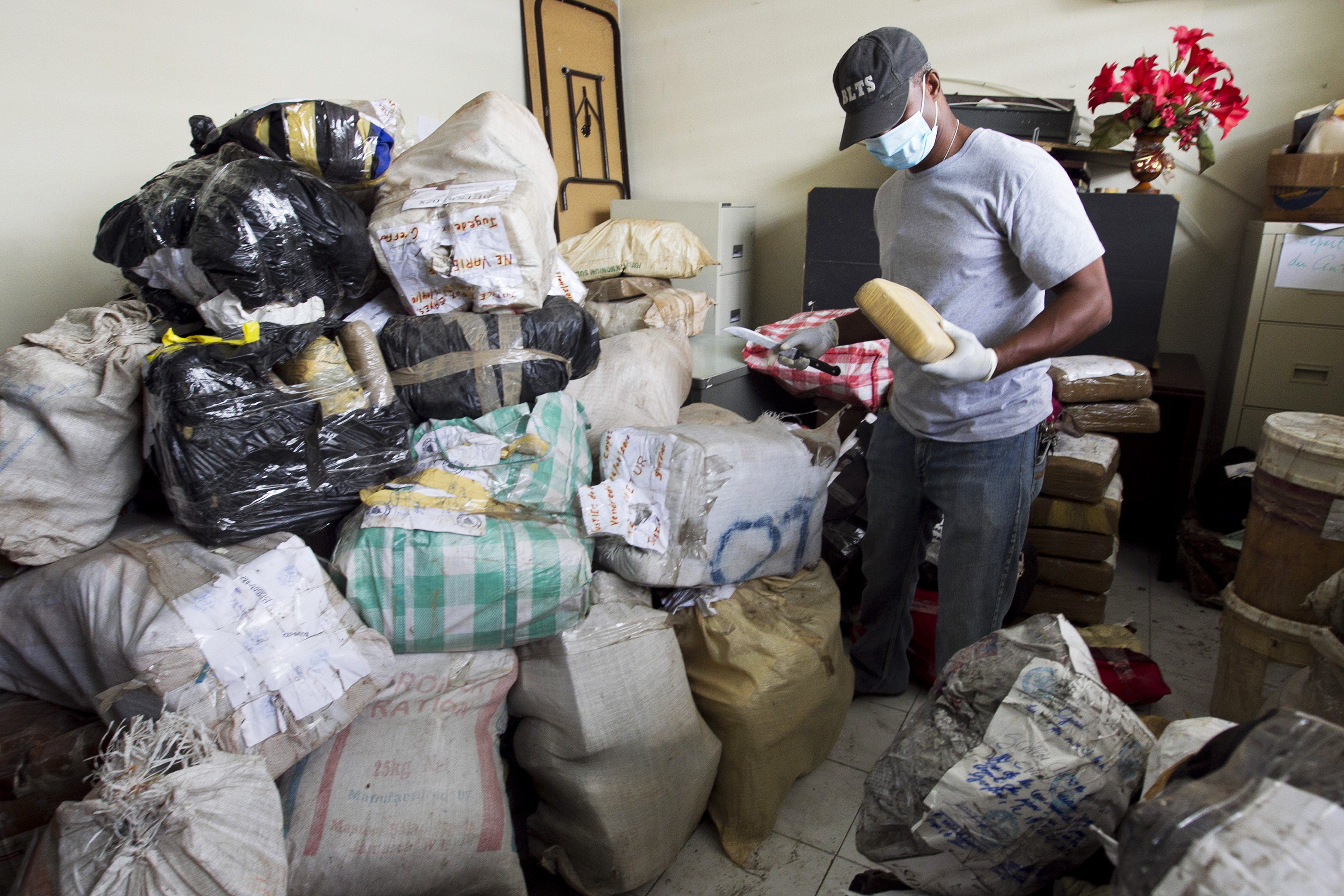Drug trafficking is a global illicit trade involving the cultivation, manufacture, distribution and sale of substances which are subject to drug prohibition laws. In the Declaration on the Rule of Law, Member States recognized the importance of strengthened international cooperation in countering the world drug problem
The UN work in countering the world drug problem is based on three major international drug control treaties, the Single Convention on Narcotic Drugs of 1961 (as amended in 1972), the Convention on Psychotropic Substances of 1971, and the United Nations Convention against Illicit Traffic in Narcotic Drugs and Psychotropic Substances of 1988. These three conventions attribute important functions to the Commission on Narcotic Drugs and to the International Narcotics Control Board.
The United Nations, through the United Nations System Task Force on Transnational Organized Crime and Drug Trafficking, advocates a rebalancing of the international policy on drugs, to increase the focus on public health, prevention, treatment and care, economic, social and cultural measures.
Relevant Documents and Links
- Single Convention on Narcotic Drugs of 1961 (as amended in 1972)
- Convention on Psychotropic Substances of 1971
- United Nations Convention against Illicit Traffic in Narcotic Drugs and Psychotropic Substances of 1988
- the Commission on Narcotic Drugs
- International Narcotics Control Board
- Thematic Debate of the 66th session of the United Nations General Assembly

